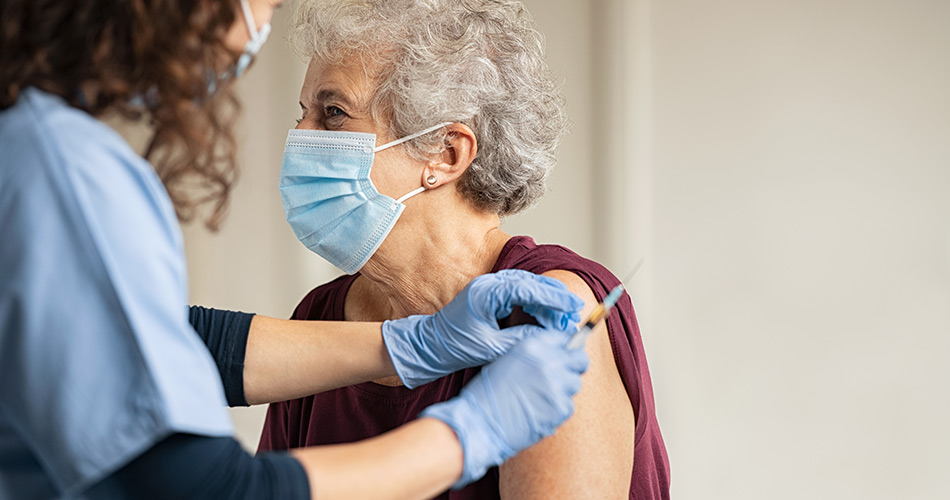A year after the world was put on alert about the rapidly spreading covid-19 virus, mass vaccination programmes are providing a welcome light at the end of the tunnel.
However, for many people vaccination remains a concern. A World Economic Forum – Ipsos survey: Global Attitudes on a Covid-19 Vaccine, indicates that while an increasing number of people in the US and UK plan to get vaccinated, the intent has dropped in South Africa, France, Japan and South Korea. The survey was conducted in December 2020, following the first vaccinations in the US and the UK.
This study shows that overall vaccination intent is below 50% in France and Russia. ‘Strong intent’ is below 15% in Japan, France and Russia.
Many cities are still in lockdown
Between 57% and 80% of those surveyed cited concerns over side effects as a reason for not getting a covid-19 vaccination. Doubts over the effectiveness of a vaccine was the second most common reason cited in many countries, while opposition to vaccines in general was mentioned by around 25% those who will refuse a vaccination.
The survey was conducted among 13,542 adults aged 18–74 in Canada, South Africa, and the US, while those surveyed in Australia, Brazil, China, France, Germany, Italy, Japan, Mexico, Russia, South Korea, Spain and the UK were aged 16–74.
A previous survey, Global Attitudes on a Covid-19 Vaccine carried out in July and August 2020, indicated that 74% of those surveyed intended to get vaccinated. At that time the World Economic Forum said that this majority could still fall short of the number required to ‘beat covid-19.’
Commenting on the newest data Arnaud Bernaert, Head of Health and Healthcare at the World Economic Forum said; ‘As vaccinations roll out, it is encouraging to see confidence improve most in countries where vaccines are already made available. It is critical that governments and the private sector come together to build confidence and ensure that manufacturing capacity meets the global demand.’

World Economic Forum-Ipsos Survey indicates a rise in number of people in US and UK intending to get vaccinated.
With the imperative now to move towards some sort of ‘normality’, as well as getting economies moving, fears over vaccination need to be allayed. However, what also needs to be considered is what underlies those fears. Misinformation, no doubt, has a part to play. This highlights a lack of trust in governments and a sector that has worked tirelessly to develop vaccines in record time.
As different companies bring their vaccines to the market, care now needs to be taken to reassure people around the world that whichever manufacturer’s vaccine they are given, they are in safe hands. As any adverse reactions occur – an inevitability with any vaccine rollout – these ought to be made known to the wider public by companies and governments as soon as it is feasible, preventing space for the spread of rumour and misinformation, which could undo the hard work of the scientists, businesses and governments bringing vaccines to the public.

Researchers have worked tirelessly to bring vaccines to the market





